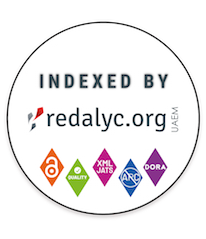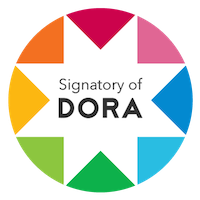Evaluation of white corn varieties in two communities of southern Costa Rica: apeasant experimentation.
DOI:
https://doi.org/10.15517/am.v13i1.13246Abstract
Different genetic materials of corn, including local and improved varieties, were evaluated in two communities of the Brunca region, during the summer from September 1999 to February 2000. This activity was conducted by farmers of the Associations of Veracruz dePejibaye (six farmers) and Concepcion de Pilas (four farmers), with the support of the "Escuela de Ciencias Agrarias" (ECA), the "Instituto para el Desarrollo y la Acción Social" (IDEAS) and the cooperation of the "Ministerio de Agricultura y Ganadería" (MAG). The hybrid Cargill 343, the improved variety Diamantes 8843 and three local varieties
(Godo, Mena and Elizondo) were tested in the Veracruz area.
The experimental plots were established by the farmers using
the same seed quantity in each lot (0.5 kg).
Downloads
Downloads
How to Cite
Issue
Section
License
1. Proposed policy for open access journals
Authors who publish in this journal accept the following conditions:
a. Authors retain the copyright and assign to the journal the right to the first publication, with the work registered under the attribution, non-commercial and no-derivative license from Creative Commons, which allows third parties to use what has been published as long as they mention the authorship of the work and upon first publication in this journal, the work may not be used for commercial purposes and the publications may not be used to remix, transform or create another work.
b. Authors may enter into additional independent contractual arrangements for the non-exclusive distribution of the version of the article published in this journal (e.g., including it in an institutional repository or publishing it in a book) provided that they clearly indicate that the work was first published in this journal.
c. Authors are permitted and encouraged to publish their work on the Internet (e.g. on institutional or personal pages) before and during the review and publication process, as it may lead to productive exchanges and faster and wider dissemination of published work (see The Effect of Open Access).























